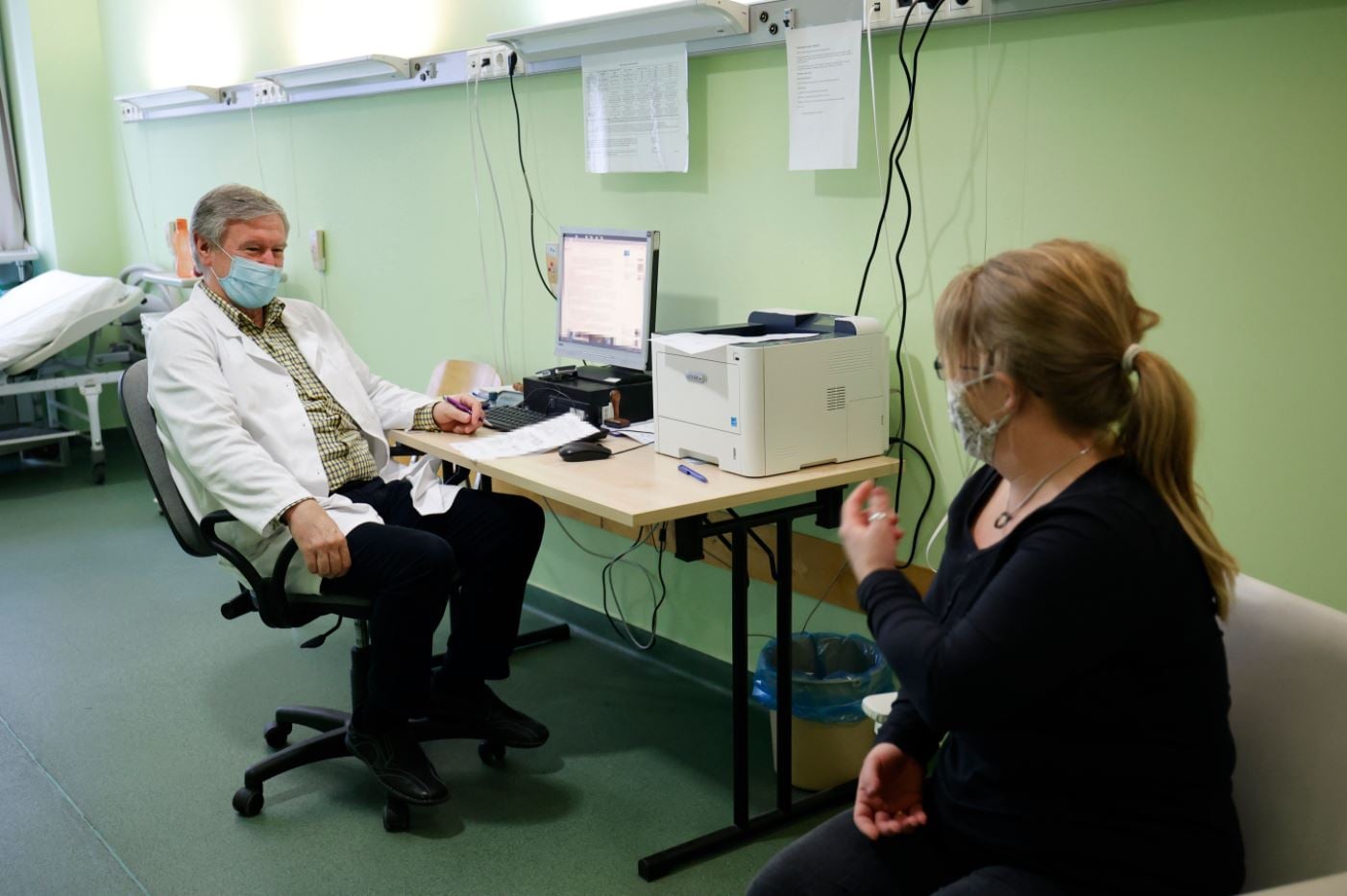Huge tightenings in Hungarian healthcare: what does the future hold?
The key points of the transformation of healthcare, especially inpatient care were presented at the Hospital Association (Magyar Kórházszövetség) conference. They are also reviewing the system of public procurement and will make changes in the number of beds.
Péter Takács, Minister of State for Health at Ministry of Interior, presented the changes to the financing of inpatient care at a conference of the Hospital Association. The establishment of a planned annual budget will be achieved within three years by the end of the term.
Reduction in numbers
According to napi.hu, they aim for a reduction in the radical number of bed days in inpatient care. Eurostat data show that in 2017, Hungary had the highest average length of hospital stay for inpatients among European Union member states, at 9.8 days. Similar figures are found in the Czech Republic, where it was 9.6 days. The Netherlands had the lowest at 4.5 days.
As for the restructuring of the financing of specialised care, he said that inpatient care had been completed for the moment, and now the restructuring of outpatient care was coming.
Debt constantly building up
It is not the actual treatment event that is financed by the National Health Insurance Fund (Nemzeti Egészségbiztosítási Alapkezelő, NEAK), this is called “cottoning”. For example, a county hospital recorded 7 procedures per patient. Although, a small specialist clinic recorded 20 procedures per patient. The aim would be to finance an intervention at its real value.
In the 2023 budget, the government plans to pay out HUF 4033 billion (EUR 10.57 billion) from the E-fund. Since 2018, E-fund has increased by 1.5 times, yet we are facing a debt that is constantly building up. At the end of 2022, HUF 55 billion (EUR 144.1 million) was paid out to institutions as operating support because they did not make ends meet from the budget that was available to them.
According to Péter Takács, there are six main reasons for the debt: the structure of the profession, the management impact, own investments, the size of the facility, the building structure, and the overrun of the planned annual budget.
The increased energy bills of hospitals will be financed by the heating fund, as HUF 2,000 billion (EUR 5.24 billion) have been paid for heating bills in the public sector. In the healthcare sector, the share of single-start public procurement is to be reduced from the current 40 percent to less than 15 percent, the state secretary said.
Long-term solutions in the Hungarian healthcare system
Of the three million square metres of hospital space, 30 percent has always been empty. This needs to change and beds should be transferred to the social sector. They will look at where there is a need for active operating theatre beds. Even if no patients go there, it costs the hospital HUF 2.8 million (EUR 7340) a day.
According to nepszava.hu, Péter Takács also said that in the next three years, the care system will be adapted to the needs of the population. They will also analyse what services people in the area of each institution need and what services they travel further to get. In their experience, private health care “creams off” young and middle-aged patients with relatively low care costs, while those who are harder and more expensive to treat are left to the public care system.
Among the long-term solutions, he said, is to spend around HUF one billion (EUR 2.6 million) to set up a regular revision of “cottoning” in 6-10 hospitals. This will contribute to balanced debt-free management, he said.

Read alsoBritish paper: Viktor Orbán blackmails the EU
Source: napi.hu, nepszava.hu
please make a donation here
Hot news
What happened today in Hungary? – 19 April, 2024
British American Tobacco is expanding production in Hungary
Budapest mayoral candidate Vitézy promises thousands of units of affordable housing
Habits regarding tipping in Hungary may shock you
PM Orbán’s chilling warning: NATO is sliding into the war
VSquare: PM Orbán’s only son, Captain Gáspár, may be creating new Hungarian super secret service





2 Comments
Quite simple answer to this;
(1) – the FREE services existing – will be substantially reduced to us Hungarian Citizens.
(2) – ” across the board” – in the sector of Public Health, substantially under funded over the 13 years this current Prime Minister of Hungary – Victor Orban has been in POWER – same as EDUCATION, the Public Health sector of Hungary, will remain functioning likened to the 19th century.
Public Health – needs as does EDUCATION – billions of Forints, to bring it into line with the 21st century.
Hungary – can’t AFFORD through the NEGLECT especially over the past 13 years to up-date and MODERNIZE neither the Public Health System nor Education because it has NO forints to INVEST – to make the necessary IMPROVEMENTS.
Globally – trend does PROCEED, due to HIGH Cost of Public Services in relation to Health – that the FREE Services are being reduced some eradicated – that the BURDEN of EXPENSE – Cost – on Governments in POWER – is to substantially “remove” the Free Services – and make them USER pay, with a marginal rebate.
Modernization – this is a FACTUAL because it was this commentator that experienced this APPALING experience in the Public Heath System in the past 6 months.
I required a CT Scan.
Major “inner” Budapest Public Hospital.
The “Slide” bed – that “moves” you through the CT Scan – the Plastic Leather – on the “slide” bed – great pieces of it Holed / Torn – that just DISGUSTED me.
“Inner” Major Public Hospital in Budapest – and this is the best our TAXES – can provide – a torn and cracked plastic leather “slide” bed into – having a CT Scan – APPALLING.
I could write a Dissertation – on the 12 days I was in this “inner” Budapest Public Hospital.
If a seat on PUBLIC Transport was in this exampled condition – it would be FIXED – ASAP.
Modernization – being Public Health Services in Hungary into the Modern Age – under this Orban led Government – ain’t GOING to Happen – as they have no Forints to make the INVESTMENTS.
No such thing as free in any taxpayer funded entity. The US has the best health care- it’s very expensive but most business have insurance programs. The goverment does have free care for low income at great expense – be goverment no one can be fired and your race and sex will be the most important qualification.
Check out the UK system to understand what not to do
Most nurses in the US make more money than many of best doctors in the taxpayer funded programs- notice I said taxpayer!